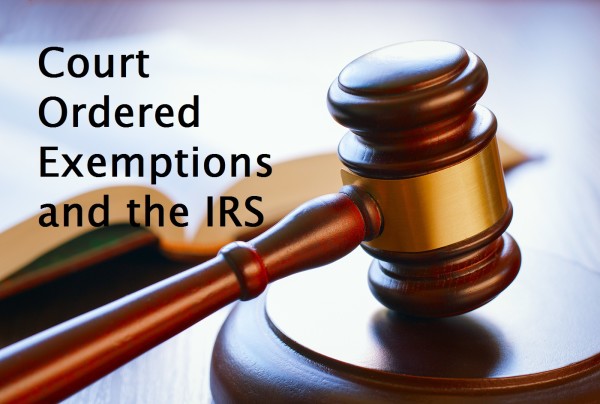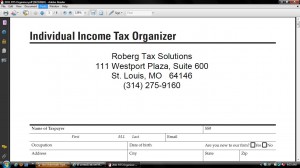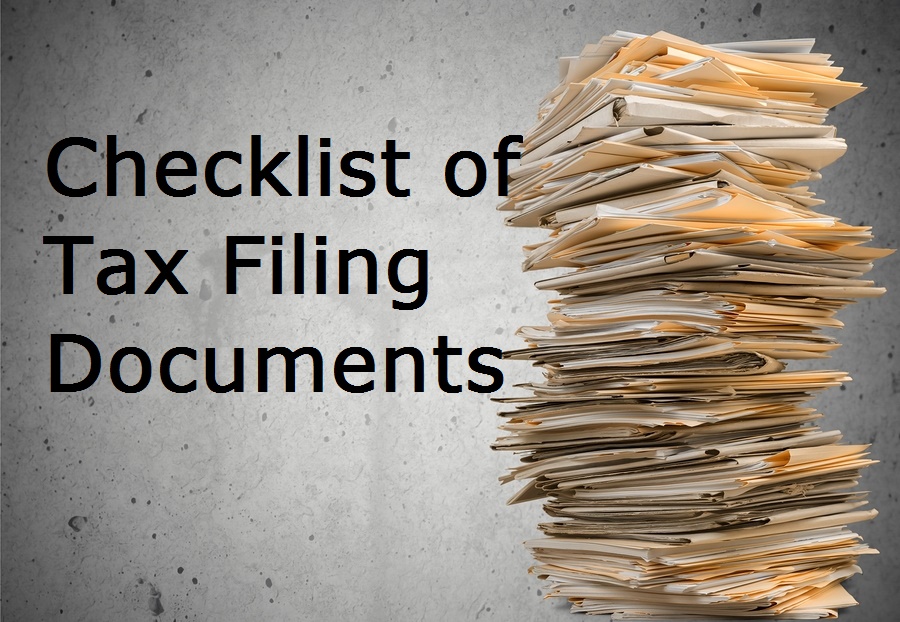
I have to start with the disclaimer first: I’m an enrolled agent, I’m licensed by the Department of Treasury to represent persons before the IRS. I am not an attorney. According to the rules of my license, I am not allowed to give legal advice. But I get to talk about taxes until I’m blue in the face!
Why the disclaimer? Because if you’re a divorced parent, you may have to deal with a court order that outlines who can claim your child’s tax exemption. But the IRS has its own rules about who may claim a child’s exemption, and sometimes the courts and the IRS don’t agree.
Here are the IRS rules:
- If your divorce decree went into effect after 1984 and before 2009, the noncustodial parent may be able to attach certain pages from the decree to the tax return to claim the exemption as long as the decree has no conditions (like paying child support) instead of requiring the custodial parent to sign a form 8332 (release of exemption).
- If the divorce decree or separation agreement is after 2008, then the custodial parent must sign a form 8332 for the noncustodial parent to claim an exemption.
Can see how this can be tricky? If you don’t sign the 8332 form , and your ex doesn’t have the proper divorce decree documents, then your ex doesn’t get the exemption as far as the IRS is concerned. You’re going to win this one on the IRS battlefield. You may have to take it to the battlefield, but if you do then you will win.
But what does a person do when there’s a court order for her spouse to claim the exemption on the children, but the husband has no right to claim the children as far as the IRS rules are concerned? What do you do if a local judge says, “You’ve got to let your ex husband claim your children for taxes? I order you to sign the 8332 form.”
I spoke with a local attorney about what could happen to a person who followed the strict IRS rules and claimed the children’s exemptions for herself when the divorce decree allowed the spouse to claim – the answer I got was to have the person call her attorney. You see, the IRS rules are all about how the IRS will settle the issue. I’m an expert at how the IRS will settle the issue. But if you’re dealing with a court order, and if your ex decides to take you back to court to enforce the exemption rule, and you defy a court order to allow him to claim the exemption, then it’s quite possible for you to see the inside of a jail cell. I don’t want anybody reading this blog to wind up in prison. So even though you should win a tax case, you should really talk to your attorney before you go against your divorce or custody decree. Make sure that you’re within your rights in your jurisdiction.
If you are the custodial parent and you are required to let your ex claim your children, remember that the exemption only includes the exemption and the child tax credit. As the custodial parent, you keep the Head of Household designation, the Earned Income Tax Credit (if you qualify), and the Child Care Credit (if that’s relevant.) See my post about splitting a child’s exemption: Split Exemptions
If your ex claimed your child and shouldn’t have, read my post, “My Ex Claimed My Kid” for tips on how to fight back: My Ex Claimed My Kid
Divorce is tough on everyone. It’s really tricky when you’ve got federal and state rules that don’t always mesh together either. The bottom line is that the IRS does not want to be involved in domestic disputes. If your divorce decree says that the Dad will pay child support and claim the exemption while Mom has the custody, then the IRS does not want to get involved in whether or not Dad paid that child support. That’s why the IRS rules are the way they are. Basically, they’re kicking that issue back to the local jurisdictions. If Dad wants Mom to sign the 8332, then his child support should be paid up to date. If Dad’s done everything right and Mom is still refusing to sign the 8332, then the IRS is saying it’s not their problem – Dad can go back to court and work it out from there-locally.
We used to have a saying when I was a kid: “Don’t make it a federal issue.” I don’t remember where we got it from, probably some TV show. I just remember we just always used to say it. But that’s kind of what the IRS is saying to divorced couples claiming their kids today, “Don’t make it a federal issue.”
If you’ve got a situation where the IRS rules and the court rules don’t line up, do consult your attorney about how your situation can, will, or should be handled.
_______________________________________________________________________
Here are some links that might help
EIC questions of any kind: EITC Help
How to find free tax preparers: Free Tax Help
How to find your local IRS office: Contact Local IRS Office










